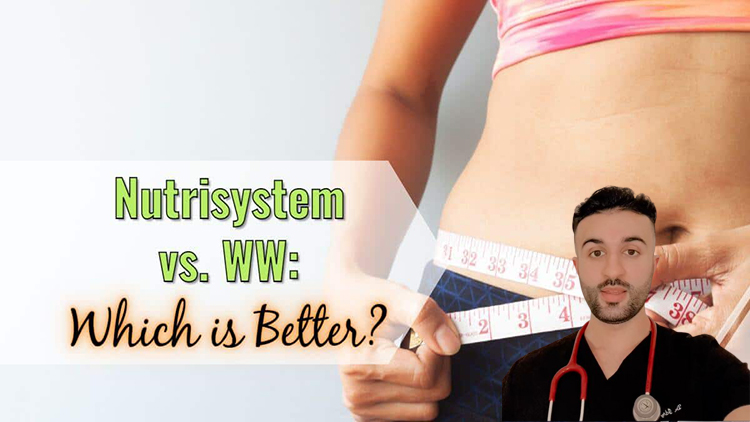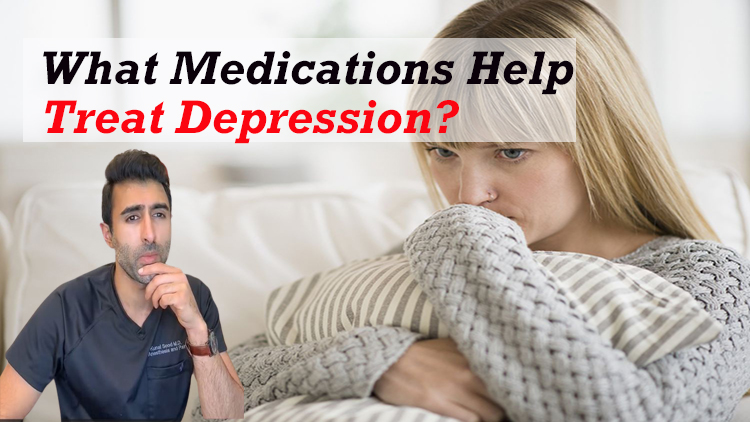
Do you suspect there’s something wrong with your heart? Watch out for these symptoms, and see your healthcare provider if you’re concerned about them.

Although heart attack symptoms can be the first signs of trouble (and keep in mind women have different symptoms than men), sometimes the body offers up more subtle clues that something is amiss.
Here is a list of symptoms that may be worth discussing in a chat with your healthcare provider.
You’re Extremely Tired
This isn’t just “lack of sleep” tired; it is extreme fatigue. Think of how you feel when you get the flu, except it doesn’t go away.
“A lot of women kind of blow this off assuming it’s nothing and that they will feel better, but in reality it could be a sign of your heart,” said Suzanne Steinbaum, DO, director of Women’s Heart Health at the Heart and Vascular Institute at Lenox Hill Hospital in New York City. The reason why you feel that way: It comes down to a lack of oxygen. “The heart is struggling and straining to deliver the oxygen to your body,” she said.
That said, plenty of people feel tired for lots of reasons. If this is your only symptom, you can talk to your healthcare provider, but don’t conclude you have heart trouble based on this alone.
Your Feet Swell
Swollen feet can occur for several reasons, such as pregnancy, varicose veins (swollen veins that can be seen beneath the skin), or lack of movement (when you travel, for instance). Swelling can also be a sign of heart failure, a chronic condition in which the heart pumps blood inefficiently.
“Swelling can also occur when the heart valve doesn’t close normally,” said Michael Miller, MD, professor of cardiovascular medicine at the University of Maryland School of Medicine. Some medications for blood pressure and diabetes could also cause swelling, said Dr. Miller.
“Heart-related foot swelling is usually accompanied by other symptoms that include shortness of breath and/or fatigue,” said Dr. Miller. If you recently developed foot swelling, see your healthcare provider to determine the cause and how best to treat it.
You Have Extreme Pain When You Walk
If your hip and leg muscles cramp when you climb, walk, or move but then feel better when you rest, don’t shrug it off. The pain could be due to age or lack of exercise, but it could be a sign of peripheral arterial disease, also known as PAD.
PAD is a buildup of fatty plaque in leg arteries that is linked to a higher risk of heart disease, according to MedlinePlus. If you have PAD, there’s a 50% chance you also have a blockage in one of the heart arteries, said Dr. Miller. The good news is that PAD (and heart disease for that matter) is a treatable condition.
You Get Dizzy or Lightheaded
If you have ever been to a gym, you may have seen warning signs to stop walking, running, cycling or stepping if you feel dizzy or lightheaded. Dizziness is one of those symptoms that can have many causes.
Sometimes, it’s caused by dehydration or because you “got up too quickly,” but if it occurs on a regular basis, talk with your healthcare provider. Medication side effects, inner ear problems, anemia, or, less commonly, heart issues may be to blame. Lightheadedness could be caused by blockages in arteries that lessen blood pressure or by faulty valves that cannot maintain it, said Dr. Miller.
You Get Short of Breath, Even Though You’re Fit
Despite your thrice-weekly cycling classes, you find that you get winded walking up a flight of stairs or you’re coughing a lot. It could be asthma, anemia, an infection, or even a problem with the heart’s valves or its ability to pump blood.
“Fluid buildup affecting the left side of the heart can produce wheezing that simulates bronchial asthma,” said Dr. Miller. “Once the valve is fixed, fluid no longer builds up in the lungs and the patient breathes easier.”
Since exercise can strengthen the heart, get this symptom checked out so it doesn’t interfere with your ability to get a good workout.
You’re Depressed
According to the World Health Organization (WHO), depression affects 5% of the adult population worldwide. Depression is probably not a sign that you have heart trouble. However, mental well-being is linked to physical well-being.
Studies have suggested that people who are depressed are at greater risk of heart trouble. A June 2021 Family Practice study even noted that cardiovascular disease (CVD) and depression can be risk factors for each other.
Primary care providers “may notice patients with mental health disorders, including depression or anxiety, develop CVD at younger ages or have a more challenging clinical course,” according to the study.
Be sure to seek help if you are depressed.
You Get Migraines
Sometimes, a headache is just a headache. But regular migraines suggest that something may be amiss with your heart.
In a November 2019 Journal of the American Heart Association review, researchers found a connection between cardiovascular events and migraine—particularly for migraines with aura as a symptom. Aura, which affects one of three migraine sufferers, is a condition in which recurring headaches occur along with other sensory disturbances, such as flashes of light, blind spots, and tingling.
Two-thirds of migraines occur in women, including younger women, prompting the American Heart Association to call it an “under-appreciated risk factor” for CVD.
You Can Hear Your Heart Beat When You Fall Asleep
“Some patients with a loud faulty valve can hear the sound of their valve at night when they are trying to fall asleep,” said Dr. Miller. While some patients adjust to the sound and often just change their sleeping positions so as not to hear it, that doesn’t mean you should ignore it.
If you’re being lulled to sleep by the “thump-thump” of your heart, tell your healthcare provider. A pounding heartbeat can also be a sign of low blood pressure, low blood sugar, anemia, medication, dehydration, and other causes.
Anxiety, Sweating, and Nausea
Anxiety, sweating, and nausea are classic symptoms of a panic attack. But they could also be early signs for heart trouble.
If these heart symptoms are followed by shortness of breath, extreme fatigue, pain, a feeling of fullness, or aching in your chest (that might radiate to the back, shoulders, arm, neck, or throat), get to an emergency room immediately.
Waiting more than five minutes to take action could change your chances of survival. Also, if you call an ambulance, emergency medical staff can start treating you right away, according to the American Heart Association.
Whenever you have worrisome symptoms—if you think they’re related to heart problems or not—talk with your healthcare provider.






